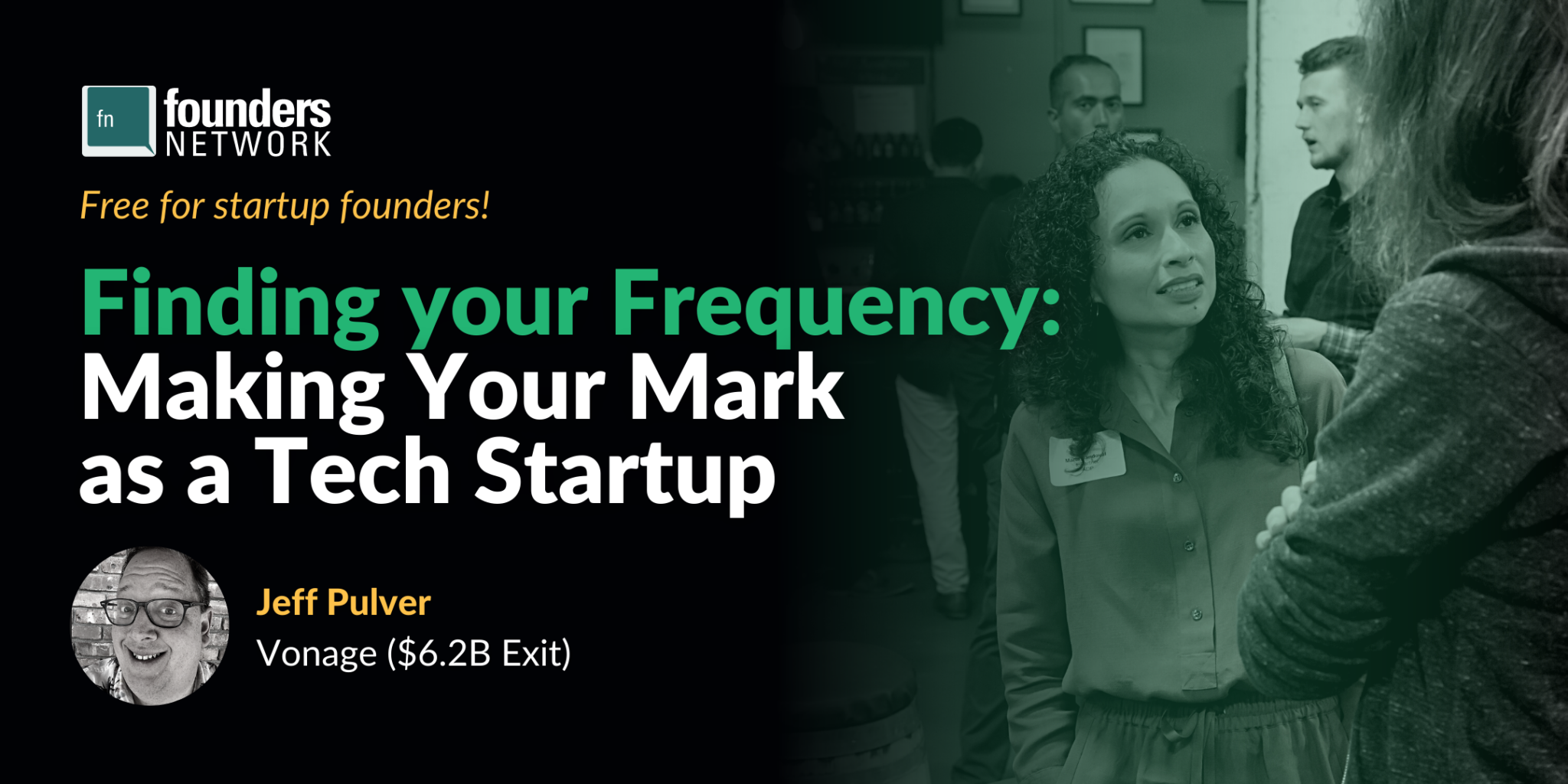
Seeking funding for your startup is always a tricky endeavor. When speaking with venture capitalists and angel investors, it’s important to be as honest and forthcoming about your business as possible. But how can you be sure that these potential investors won’t accidentally or intentionally leak sensitive information?
That’s where non-disclosure agreements (NDAs) come in. The goal of signing an NDA is to protect confidential information such as intellectual property (IP) or trade secrets. When you sign a non-disclosure agreement (NDA), you create a legally binding contract between yourself and one or more third parties. It can include the potential for legal or financial penalties if the contract is broken.
But is an NDA for investors a good idea? What should startup founders know about NDAs during the funding process? Keep reading for valuable startup NDA advice that founders need to know.
What is an NDA in investment?
NDAs are used in a wide range of fields, and by a wide range of people:
- Independent contractors often sign NDAs when they need to access and work with a company’s proprietary information.
- Founders leaving startups may be prohibited from sharing information or working for a competitor due to an NDA or non-compete agreement.
- An NDA may be a condition for employees to receive a severance package.
In the startup community, NDAs are sometimes used by founders who are pitching to angel investors and VC firms. The objective of an NDA in this case is to ensure that sensitive details remain within the boardroom. This can include information such as a pitch deck or financial information. Founders might also wish to avoid any conflicts of interest with the investor’s existing portfolio companies in the same industry or sector.
More specifically, investor NDAs commonly include the following information:
- The material covered by the NDA. This may consist of business plans and strategies, financial documents, products and services under development, confidential pricing information, prototypes, trade secrets, and lists of the company’s customers, vendors, and investors.
- The purposes of disclosing this material (i.e. only for the consideration of a potential investment).
- The period of time during which the NDA is valid.
- The legal remedies to which the startup is entitled if the NDA is violated.
- A clause denoting that the startup retains all IP rights such as patents, trademarks, and copyrights.
Why you should never sign an NDA
Although NDAs are a tremendously useful document for many situations, their use in the startup community is controversial. Some legal tips will tell you that an NDA is always a good idea. Others will suggest exactly the opposite.
So what’s behind the opposing views on NDAs? Here are two reasons why investors don’t sign NDAs:
- Legal restraints: Investors may speak with dozens or hundreds of startup founders as part of their duties. If they were required to sign an NDA for each one of these possible investments—especially before knowing anything about the company—it could place an undue legal burden on them.
- Working relationship: If all goes well, a funding round will be the start of a productive relationship between the startup and investors. Requiring investors to sign an NDA, however, can be a sign of mistrust between the two parties, causing them to start off on the wrong foot.
And angel investors and VCs aren’t the only ones wary of NDAs. Many say NDAs force confidentiality when no other legal structure would require it. That’s why you don’t need a lawyer to sign one. However, despite how easy it is to sign an NDA, they can lead to potential lawsuits, especially when worded incorectly. That’s why some people believe you should never sign an NDA.
Should I have investors sign NDAs?
Having a signed NDA from a potential VC investor is a strong indication—but not a guarantee—that your sensitive company data will be safe in the investor’s hands. There are compelling reasons for startups to get investors to sign an NDA. However, there are also good reasons for both parties not to sign.
The issues discussed above are reason enough for investors not to agree to an NDA. So why should founders also shy away from asking?
- Requesting an NDA can create an additional barrier or “friction” that prevents the deal from going through.
- The process of signing NDAs is time-consuming and expensive (since you’ll want to use legal counsel) for both parties.
- NDAs are commonly used in major transactions such as M&As and IPOs, but more difficult to enforce for smaller transactions like startup pitches.
- It’s often said that “ideas are cheap, execution is everything.” Even if investors steal your brilliant startup idea, they won’t be able to replicate your company’s leadership, your product, or your connections in the startup community.
Due to these reasons and more, the majority of angel investors and VCs will likely refuse to sign the document if you send non-disclosure agreements. Since investors have all the leverage over the founders asking them for funding, this is usually the final word on the matter.






